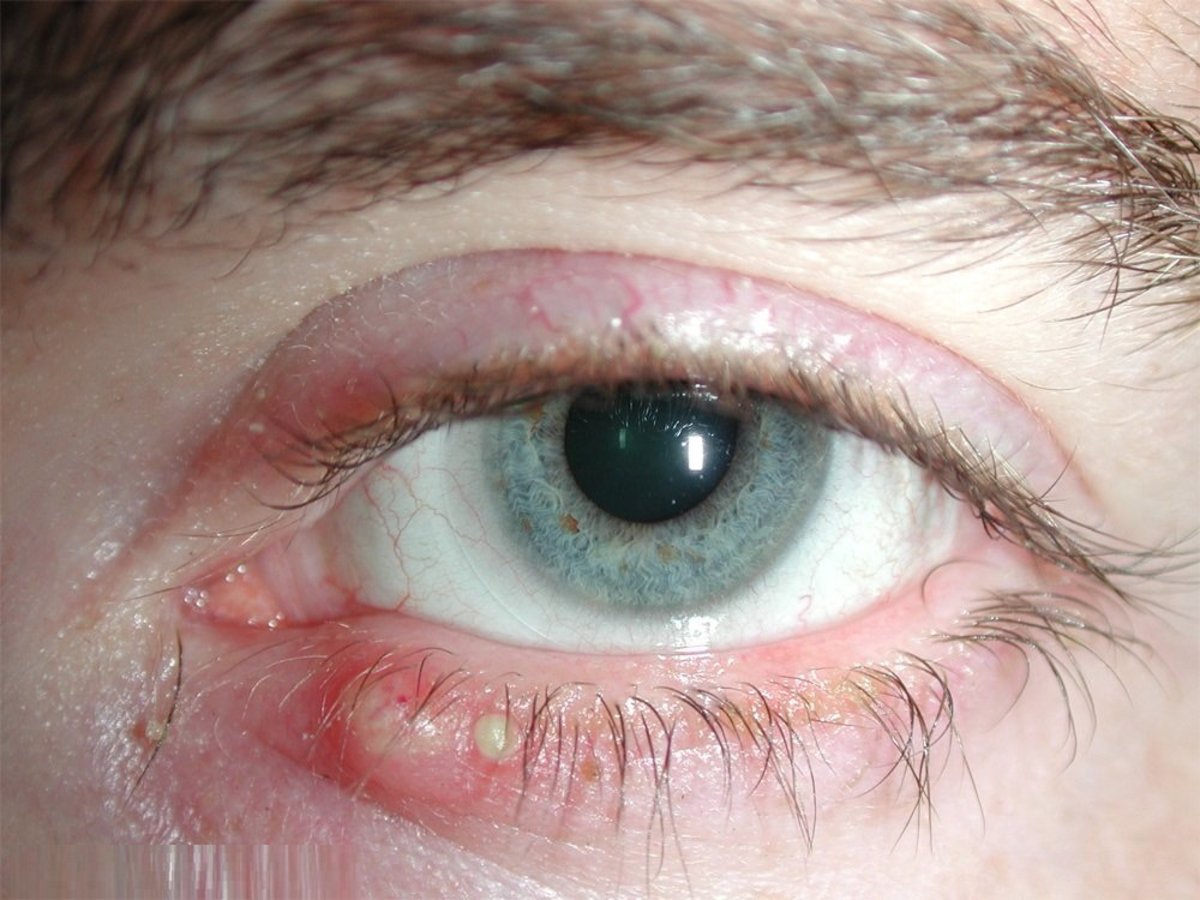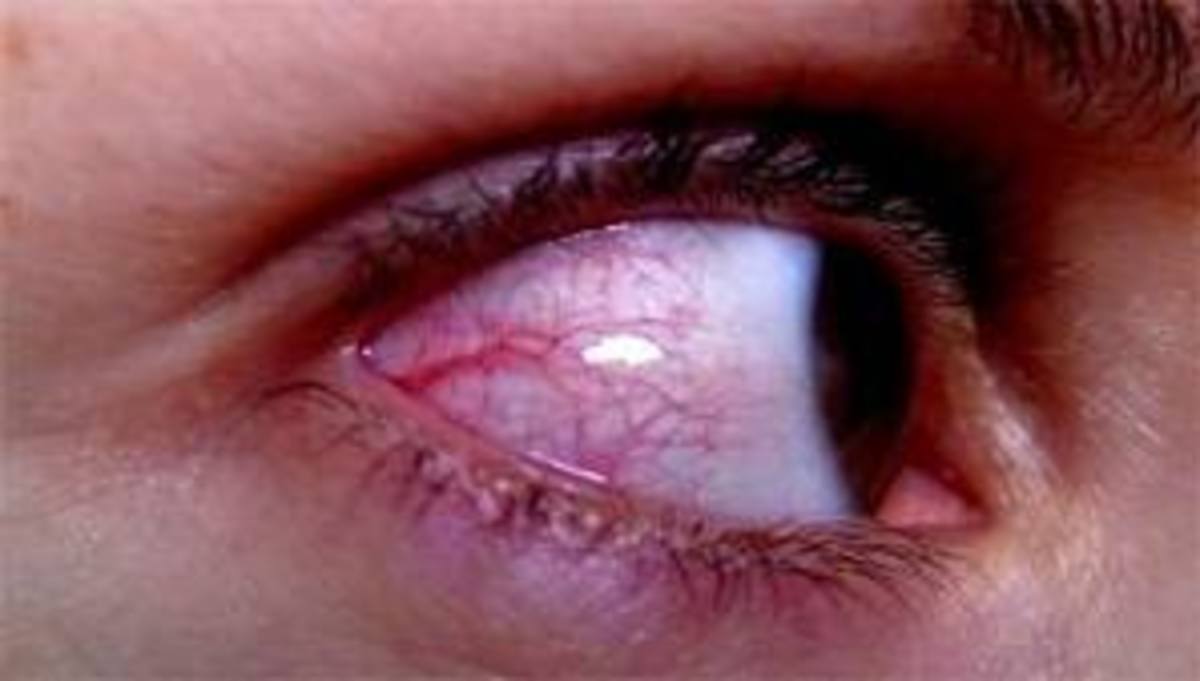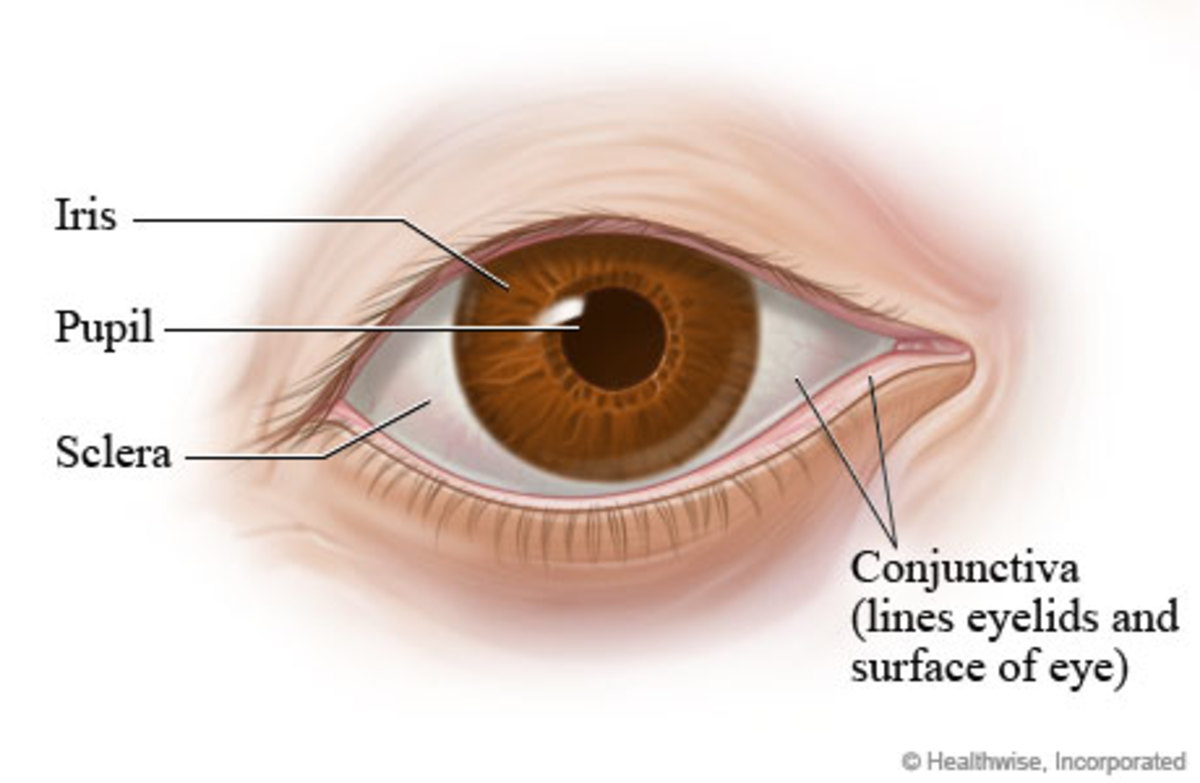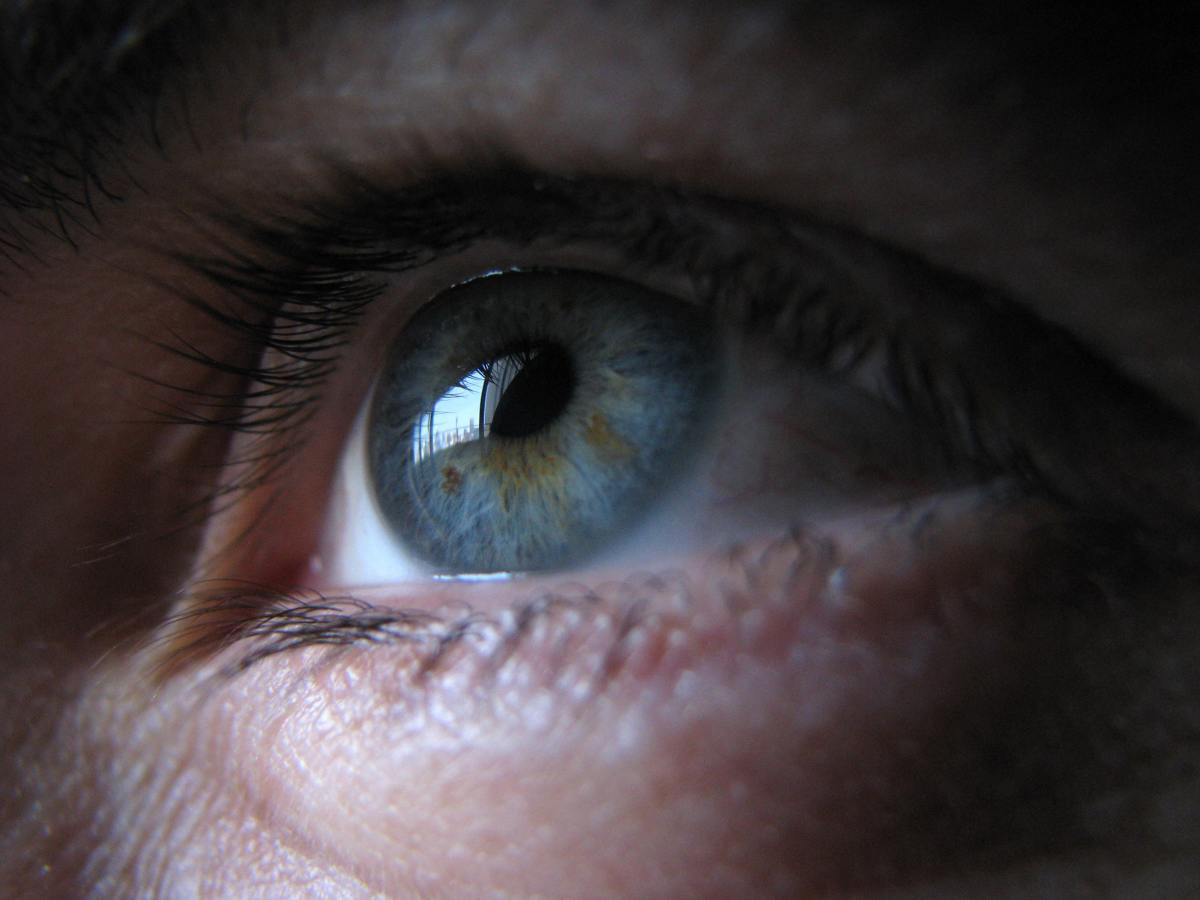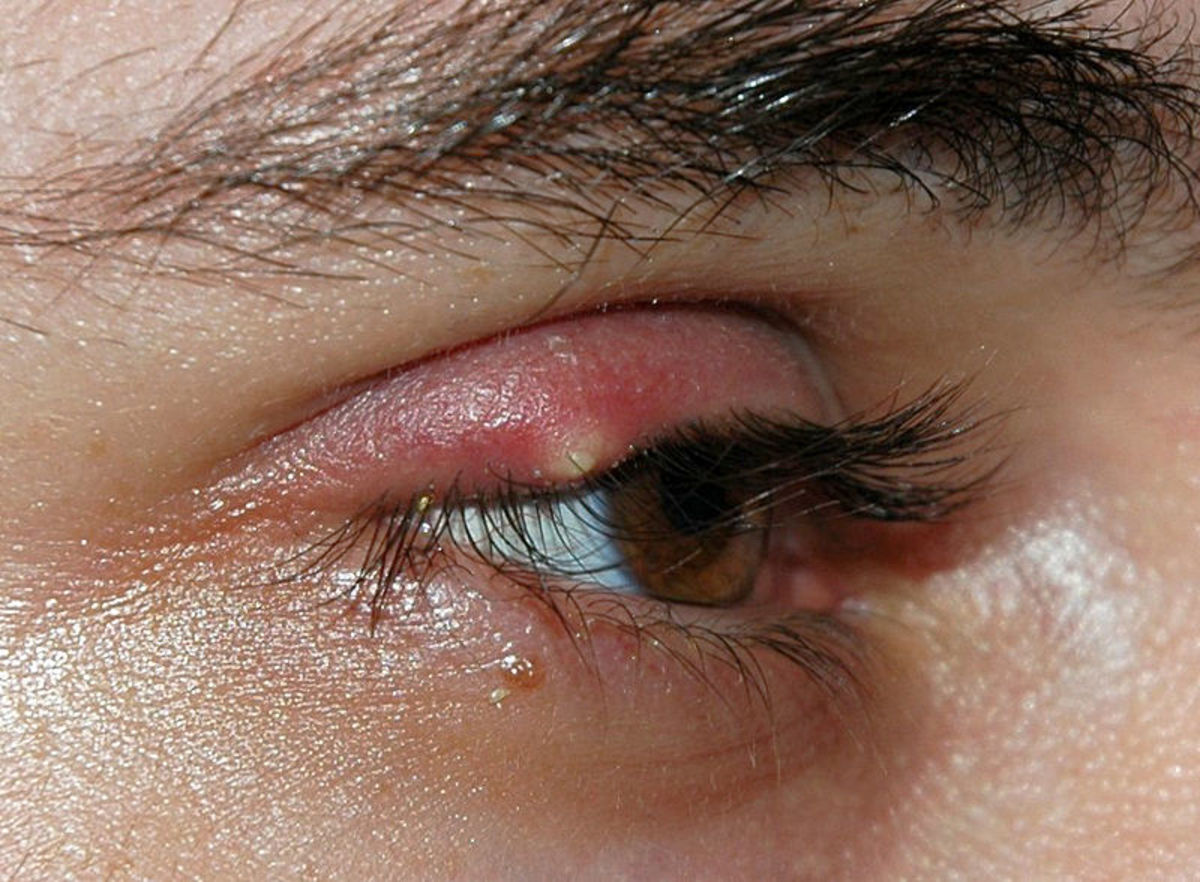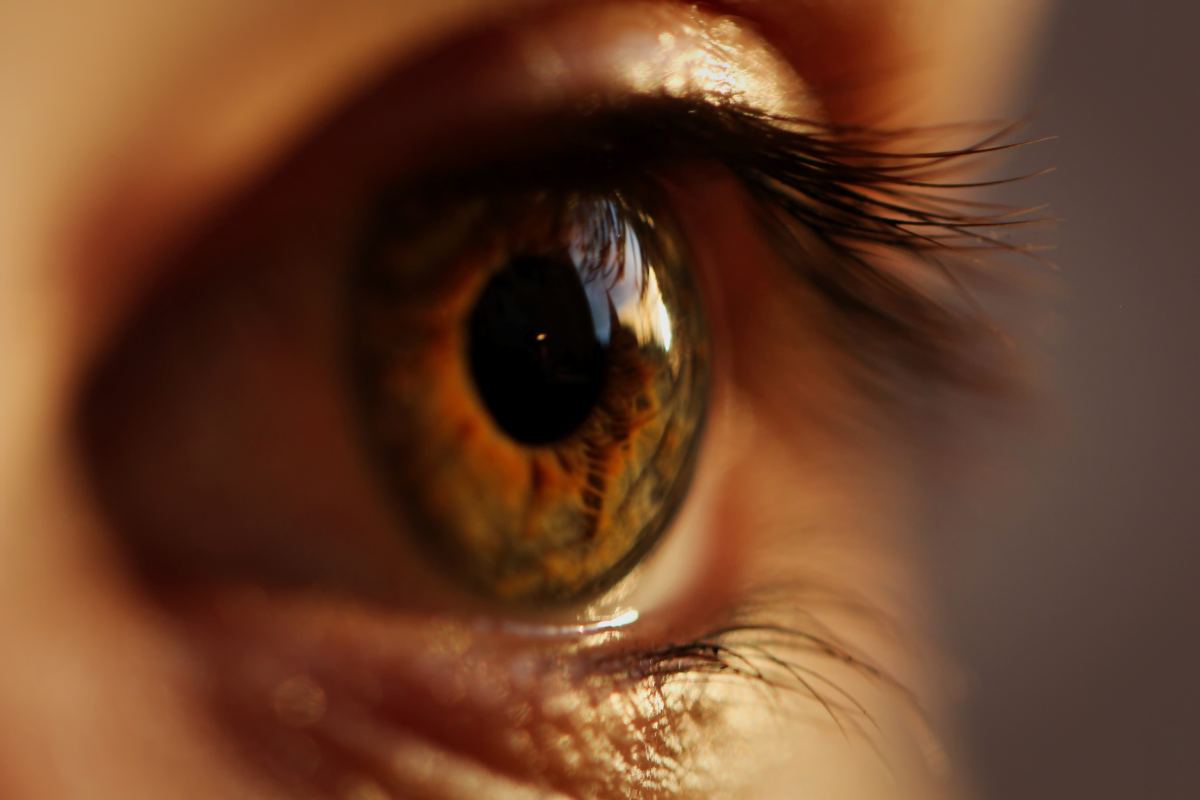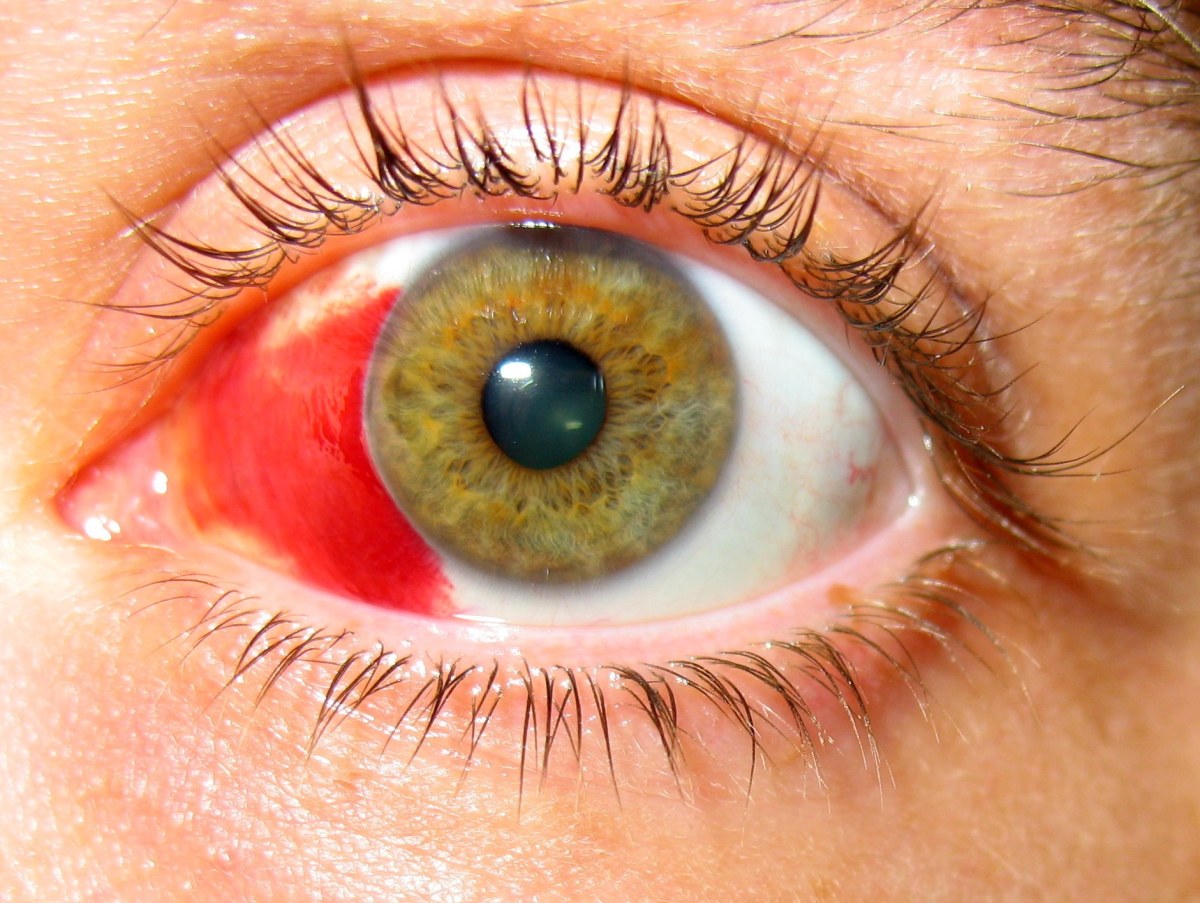Your Eyes and the Sun Learning About Melanoma of the Eye
Defination of Melanoma of the Eye
Melanoma of the eye is explained as a cancerous tumor in the choroid layer of the eye, which is between the outer layer and the retina. It is also can be called Ocular Melanoma, eye tumor, and Malignant Melanoma.
Melanoma which is a form of skin cancer and occur on any part of your body including your eyes. This means that you need to protect your eyes from the sun as well as your skin.
Melanoma of the Eye
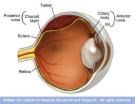
Type of Eye Melanoma
There are two different types of eye Melanoma. One is intraocular melanoma (choroid) a rare cancer, which is a disease in where cancer (malignant) cells are found in the part of the eye called the uvea. The uvea contains cells called melanocytes, which contain color. If there is melanoma that starts in the iris, it may look like a dark spot on the iris. If melanoma is in the ciliary body or the choroid, a person may have blurry vision or may have no symptoms, and the cancer may grow before you can notice it. Intraocular melanoma is usually found during a routine eye examination, when a doctor looks inside the eye with special lights and instruments.
The other form of this disease is called Conjunctival Melanoma. This is an uncommon eye cancer that arises in the conjunctiva, the clear membrane that covers the outer surface of the eye and the inner part of the eyelids.
Causes, Risk Factors and Symptoms of Eye Melanoma
Statistics state that typically in the United States there are about 6 people per million per year that but it has been increasing rapidly due to exposure to the sunlight. Most often fair-haired and blue-eyed people are effected but more and more cases are being noticed in other skin types and eye colors. Melanoma of the eye can spread to other areas of the body quickly. It is the most common type of eye tumor in adults.
Symptoms - What to look for
Look for a red or painful eye. Or a Growth near or around the eye itself.
A Small defect on the iris or conjunctiva (such as a dark spot or mole)
Change in the Iris color
Poor vision or bulging of the eye.
Note: In many cases there may be no symptoms
Books on Melanoma
Prevention and Treatment of Melanoma
One of the most important ways to prevent eye melanoma is to avoid excessive exposure to sunlight, especially between the hours of 10 a.m. and 2 p.m., when the sun's rays are most intense. Always wear sunglasses, even in the winter time and be sure they have ultraviolet protection.
Most small melanomas may be treated by laser or by radiation therapy. Chemotherapy may be needed if the tumor has spread. Surgical removal of the eye may be necessary to prevent the spread of tumor to the brain or other organs. There are also some experimental treatments available be sure to check with the National Cancer Institute and your doctor for more advice.
Small melanomas may be treated by laser or by radiation therapy. Chemotherapy may be needed if the tumor has spread. Surgical removal of the eye may be necessary to prevent the spread of tumor to the brain or other organs. There are experimental treatments available be sure to check with the National Cancer Institute or your doctor.
What to Expect (prognosis):
The outcome for melanoma of the eye
depends upon the size of the cancer at the time of diagnosis. Prevention and having your eyes checked on a yearly basis is another key in determining your outcome. Between
60% and 80% of patients will survive at least 5 years from the time of
diagnosis if the cancer has not spread outside the eye (metastasized).
If there has been spread outside the eye, the chance of survival is much lower.
Research, prevention, and early detection play a significant role in
decreasing your risk of Melanoma of the eye. Be sure to always protect
your eyes even on cloudy days and especially during the peak hours.
My relationship to this cancer holds a soft spot in my heart. For I had never heard of this form of cancer until
my dad was diagnosed with it a few years ago. He survived for a couple of
years after the removal of his eye. His immune system was weak from
ongoing treatments and pneumonia took him from us on Christmas day
2004.


